Germany is preparing for its second winter without Russian gas. The country is much better prepared than it was for the last five winters: Storage facilities are full, alternative import capacity has been increased and contingency plans are in place.
Like other European countries, Germany can learn from last winter, when many feared major shortages but were ultimately avoided, largely thanks to a mild winter.
Analysts say Germany would only experience a truly serious gas shortage if several adverse factors came together. Germans are currently optimistic.
Better position
In the first winter since Russia invaded Ukraine, concerns about European energy supplies have been muted thanks to drastic EU measures and mild weather. Russian state energy giant Gazprom halted all gas supplies to Germany via the Nord Stream pipeline at the end of August last year.
But now, according to a recent study commissioned by the German Energy Association (BDEW), just 14% of Germans surveyed believe that supply shortages are likely in the coming winter months, while 64% believe they will get through this winter without any major problems – even if the supply situation remains “patchy”.
In fact, 18% of survey respondents said they were comfortable and confident that Germany would get through the winter without any problems. Only 4% felt uncertain.
That means “four out of five survey respondents believe Germany is well prepared for the upcoming winter,” BDEW notes.
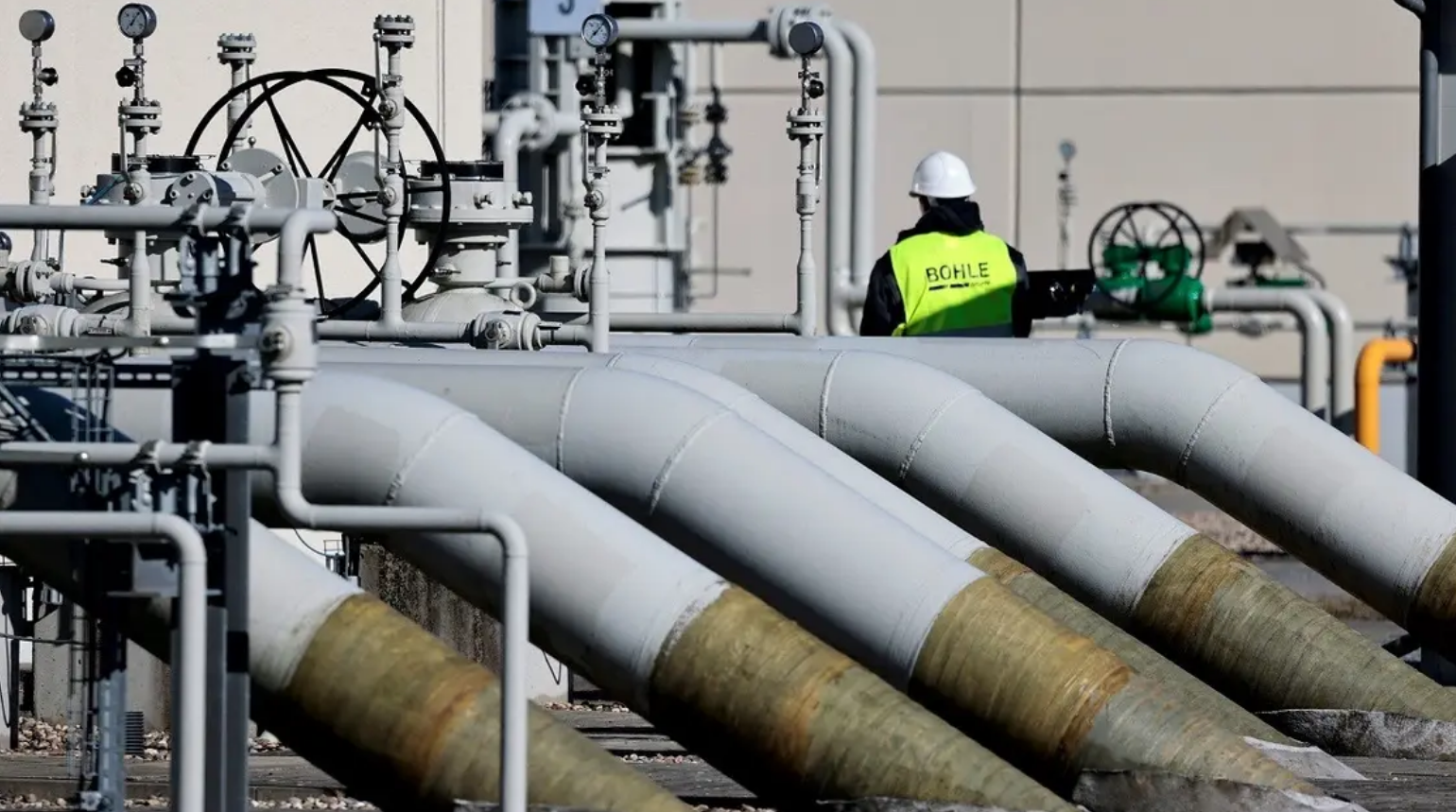
Pipelines at the Nord Stream 1 gas receiving facility in Lubmin, Germany. Russia has stopped supplying gas to Germany via this pipeline since August 2022. Photo: Al Arabiya
“Thanks to the good cooperation between the energy industry and politicians on the issue of supply security over the past year and a half, we can now be relatively optimistic about the supply situation this winter,” said BDEW CEO Kerstin Andreae.
Germany has conducted a gas supply crisis exercise, aimed at practicing what would happen in the event of rolling supply cuts. The German Economy Ministry has also updated its emergency response plan to incorporate lessons learned from this past winter.
Klaus Müller, president of Germany's energy regulator Bundesnetzagentur (BNetzA), agreed that the western European country is in a much better position heading into this winter, noting that Germany's gas storage facilities were "full" as of November 5 and gas imports remained stable.
Mr Müller's optimistic forecasts are based on six new scenarios for modeling Germany's gas supply in the coming months. BNetzA introduced the models in early November, and only two of the six scenarios are alarming.
Worst case scenario
If the winter remains moderately cold, BnetzA believes there is little risk of supply tightening. This could change if temperatures drop significantly, as happened in the winter of 2012.
Another challenge could come if Russia completely cuts off gas supplies to Europe via Ukraine at the end of this month. This would force Germany, which holds the EU’s largest gas storage capacity, to re-export more gas to Austria and other southeastern European countries.
The final issue BnetzA foresees is whether Germany will not be able to import enough liquefied natural gas (LNG) via ports in Belgium and the Netherlands. Such a situation would arise if domestic consumption in these neighboring countries itself increases due to lower temperatures.
However, Mr Müller urged Germans to continue to save energy. “We cannot allow ourselves to be too cold, but we ask people to continue to think carefully about possible ways to reduce energy consumption,” he said.
The head of Germany's energy regulator added that using less gas would also save money. On average, each German household saved around 440 euros by using less gas between October 2022 and September 2023.

In short, if Germany runs out of gas this winter, it won't happen until February next year, and only if the worst-case scenario happens:
First, the coming winter will be exceptionally cold. Second, households and industries will have to maintain high energy consumption. Third, Russia will stop gas transit through Ukraine in November. Fourth, Germany will be forced to re-export a significant amount of gas from its storage facilities to southern Europe. And fifth, gas imports from LNG terminals in Belgium and the Netherlands will have to be significantly reduced.
Of course, such a scenario cannot be ruled out, but experts say it is highly unlikely that all such adverse factors will occur at once.
In fact, lower demand from the energy crisis and mild weather are helping Europe save on gas, with much of the “old continent” forecasting warmer-than-normal temperatures in mid-November .
Minh Duc (According to DW, Bloomberg, Clean Energy Wire)
Source













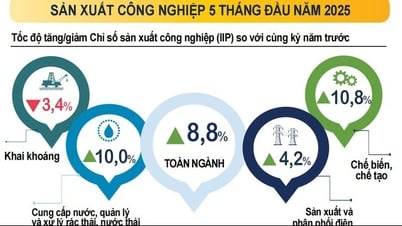



































































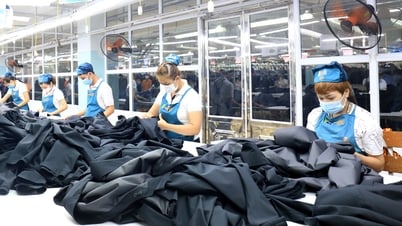







![[OCOP REVIEW] Tu Duyen Syrup - The essence of herbs from the mountains and forests of Nhu Thanh](https://vphoto.vietnam.vn/thumb/402x226/vietnam/resource/IMAGE/2025/6/5/58ca32fce4ec44039e444fbfae7e75ec)



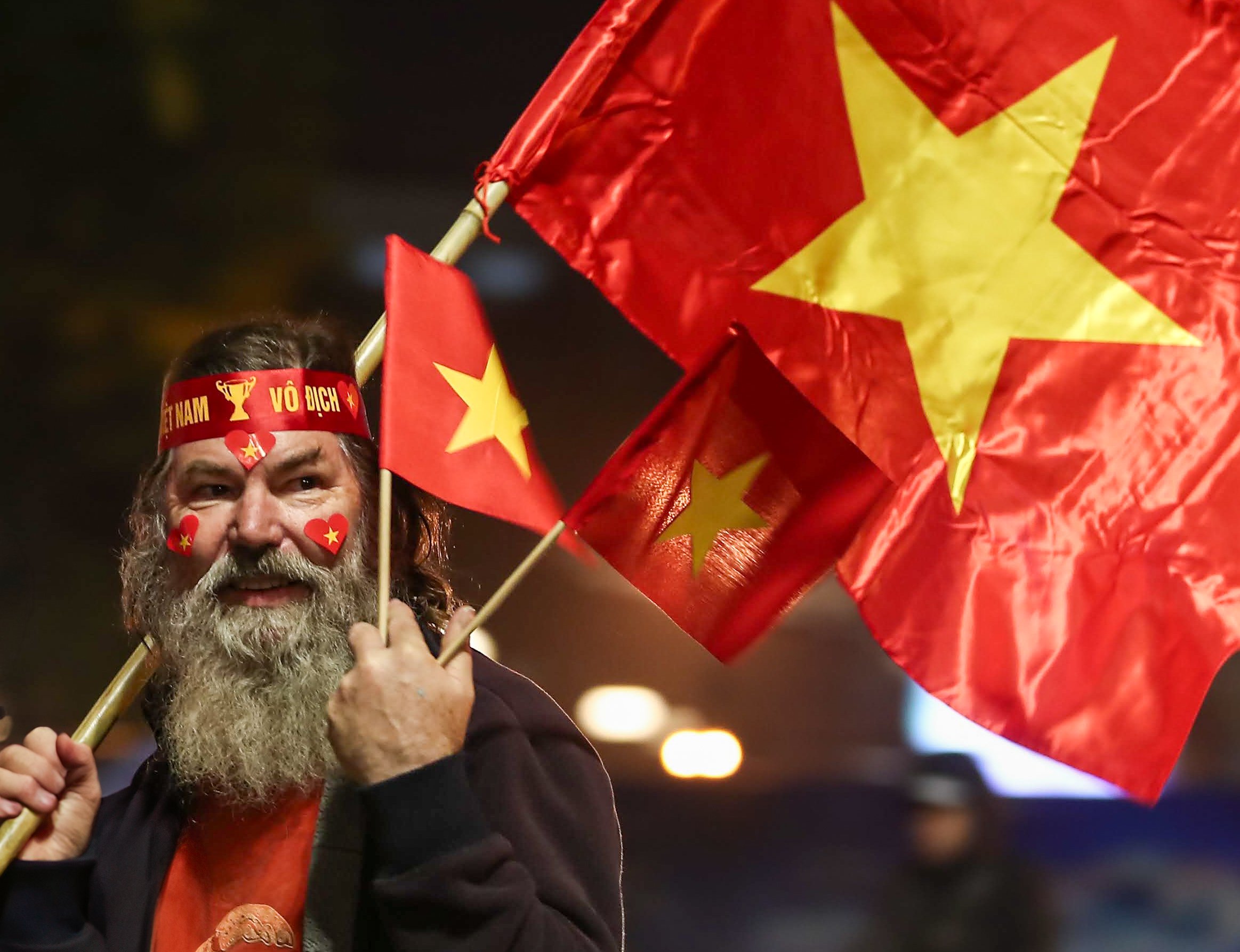


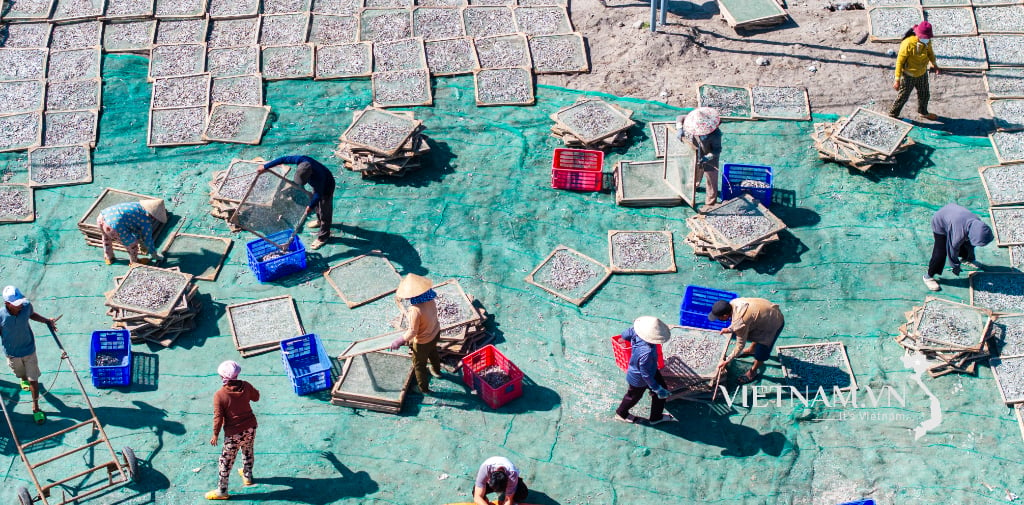
Comment (0)